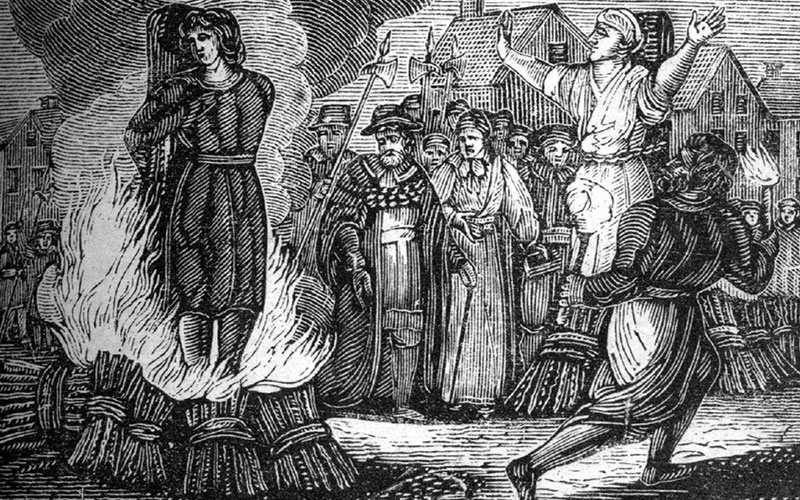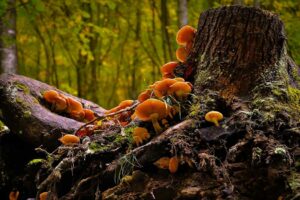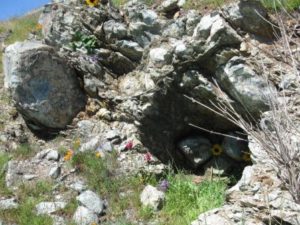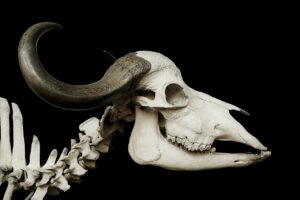Sociologist Émile Durkheim tells us communities don’t honor their dead because they’re nostalgic. They do it to reinforce who they are and the obligations that come with belonging. Memory isn’t just personal; it’s social fabric. To remember your dead is to remember your commitments.
Theologian John Mbiti described ancestors as the “living-dead.” Not ghosts haunting the edges of life, but active moral presence. The point isn’t to dramatize the supernatural. It’s to anchor ethics in relationship. We are meant to behave in ways that will not bring harm to those who made our lives possible.
When we refer to the imagery of the season—witches, demons, evil lurking lurking in the night—it’s worth remembering that these figures rarely emerged from spiritual panic alone.
Witch accusations in Europe have been traced to moments of economic upheaval, land enclosure, and anxiety around women’s autonomy. The language of “evil” often masks struggles over power: who controls labor, land, bodies, knowledge, and the terms of legitimacy.
The modern Western imagination has a long habit of turning what it doesn’t understand into something monstrous.
In Gaelic-speaking lands, this time of year marks the end of harvest and the start of winter. Communities gather, assess supplies, and acknowledge the dead as part of the social continuum. In Mexico, Día de Muertos remains a civic ritual rooted in interdependence and accountability to those who lived before us.
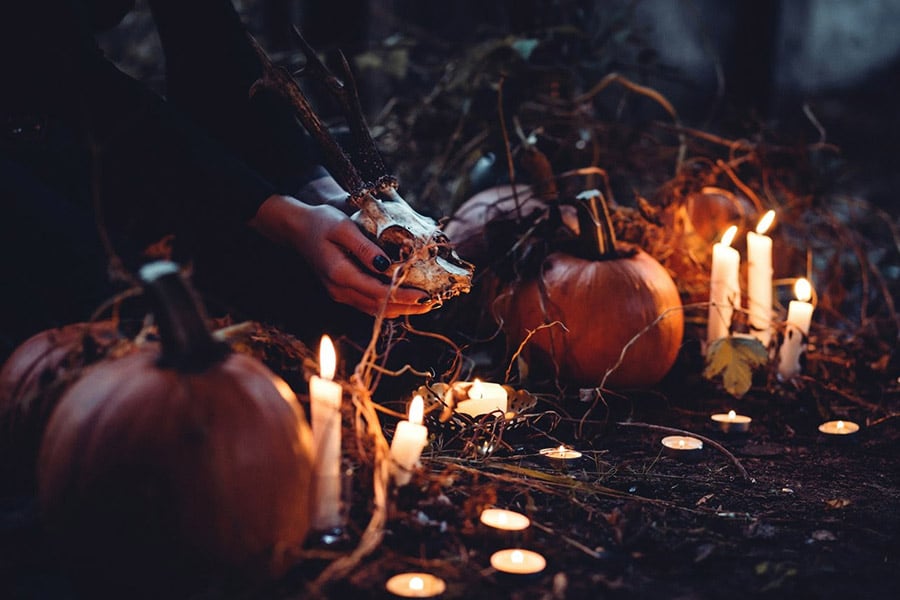
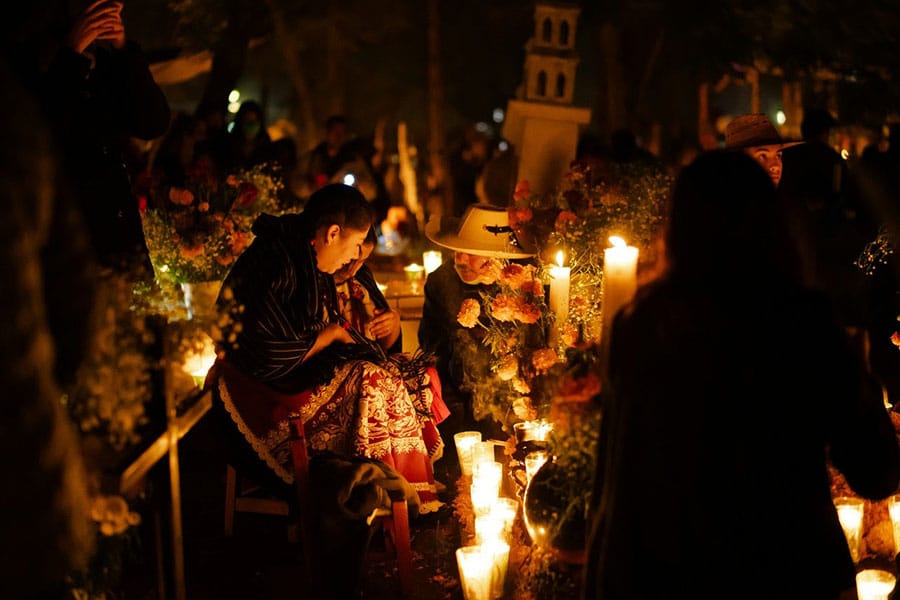
Christian Europe layered its own observances over older practices. That’s how empire works: absorb what’s already meaningful, give it a little rebrand, and redefine holy or unholy to serve a purpose.
The witch is demoted from healer or lineage-keeper to threat.
The ancestor ritual becomes silly superstition. How embarrassing.
Colonial powers arrive and label unfamiliar gods, medicines, and rites as heretical, but these fears have rarely been spiritual; they’re political. Power protects itself by redefining others as dangerous.
Today’s dangers are also today’s demons: extraction, supremacy, isolation, and historical amnesia. Social forces that thrive when communities forget who they come from and who they owe.


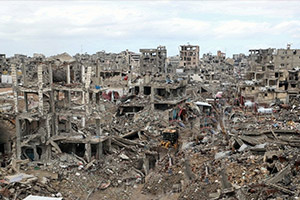

As night lengthens in the north, we are asked to not fear the dark, but to walk into it. To acknowledge death as part of social life. To become a culture that honors the dead in order to remember our responsibility to the living. To do the living work to become tomorrow’s well ancestor.
Samhain whispers: time is a circle.
Día de Muertos sings: the dead are not gone.
The body remembers what the calendar forgets.
If Autumn stirs something old and true in you, a pull toward deeper remembrance, toward Earth’s rhythms, toward the beloved dead who travel unseen, our offerings are intended as resources for your path all year long. Explore our calendar to see what’s available now.
We invite you to look at what humans everywhere have always done at the edge of winter: honor those who came before, take stock of resources, and remember that none of us endure alone.

